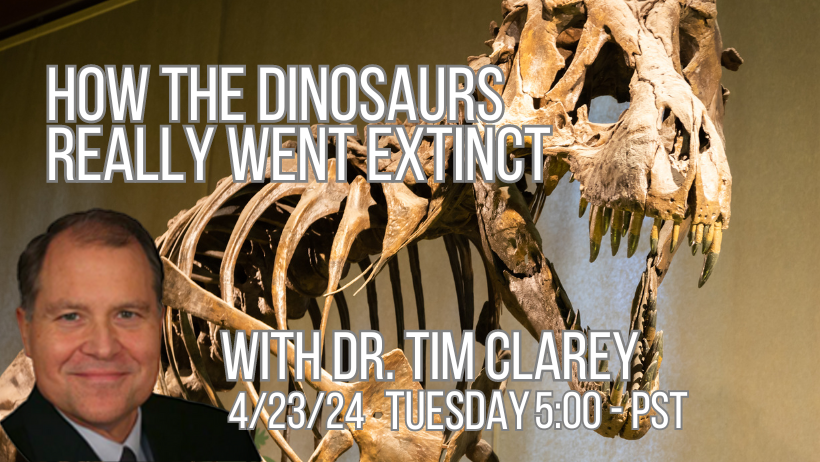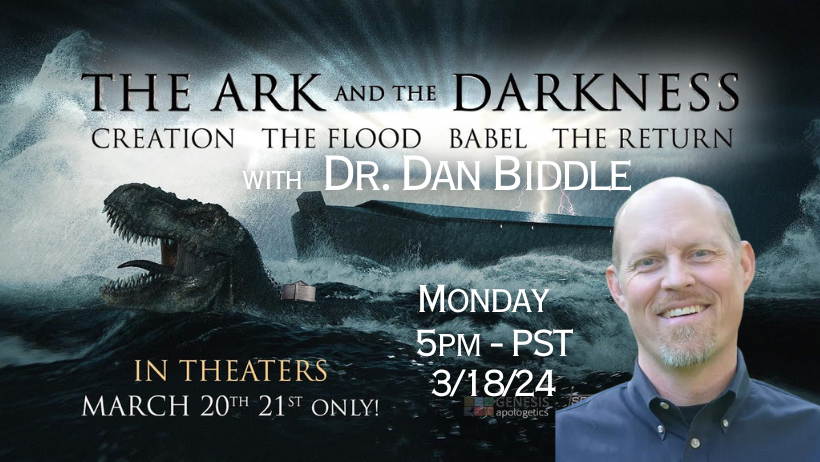Do you really have to turn off your brain to believe the Bible? It is a common myth that science and the Bible have always been in conflict, and the case of Galileo is often cited as proof. But not only is Galileo’s story misinterpreted to fit this agenda (see here for an explanation); there are…
Do you really have to turn off your brain to believe the Bible? It is a common myth that science and the Bible have always been in conflict, and the case of Galileo is often cited as proof. But not only is Galileo’s story misinterpreted to fit this agenda (see here for an explanation); there are numerous examples of the Bible being surprisingly consistent with, or even ahead of, scientific knowledge. In this episode Kevin goes over some of these examples to show that in reality, science the Bible are best friends forever.
What accurate scientific information can be found in the Bible? For one, it acknowledges that the earth is resting on nothing (Job 26:7; yes it is supported by the invisible force of gravity, but it is not held up by any physical object). It states that the heavens are stretching out (Psalm 104:2 among others, in line with the expansion of the universe), and that all of creation is wearing out and will one day pass away (Psalm 102:25-27, in line with the laws of thermodynamics). The Bible has also recognized significant medical principles, such as the fact that “the life of the flesh is in the blood” (Leviticus 17:11; contrary to the once-scientific practice of bloodletting), the importance of washing the body and the hands (Leviticus 14:8-9 and others), and the practice of quarantining those with infectious diseases (Leviticus 13).
As Kevin demonstrates throughout the episode, Christians do not have to worry about whether science or the Bible is true; the Bible has repeatedly been vindicated, once science catches up to it.
This episode first aired on June 14th, 2015.








0 Comments